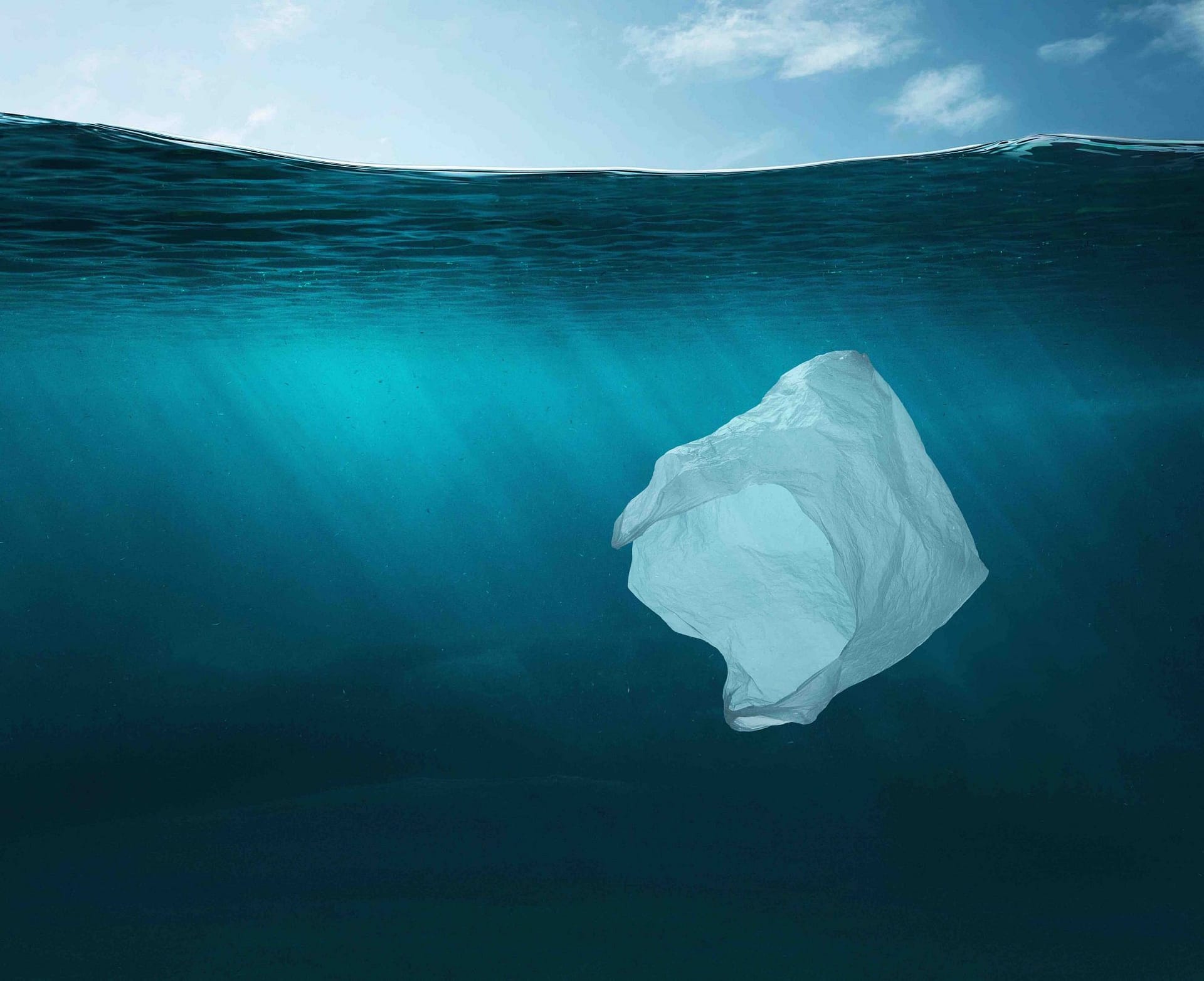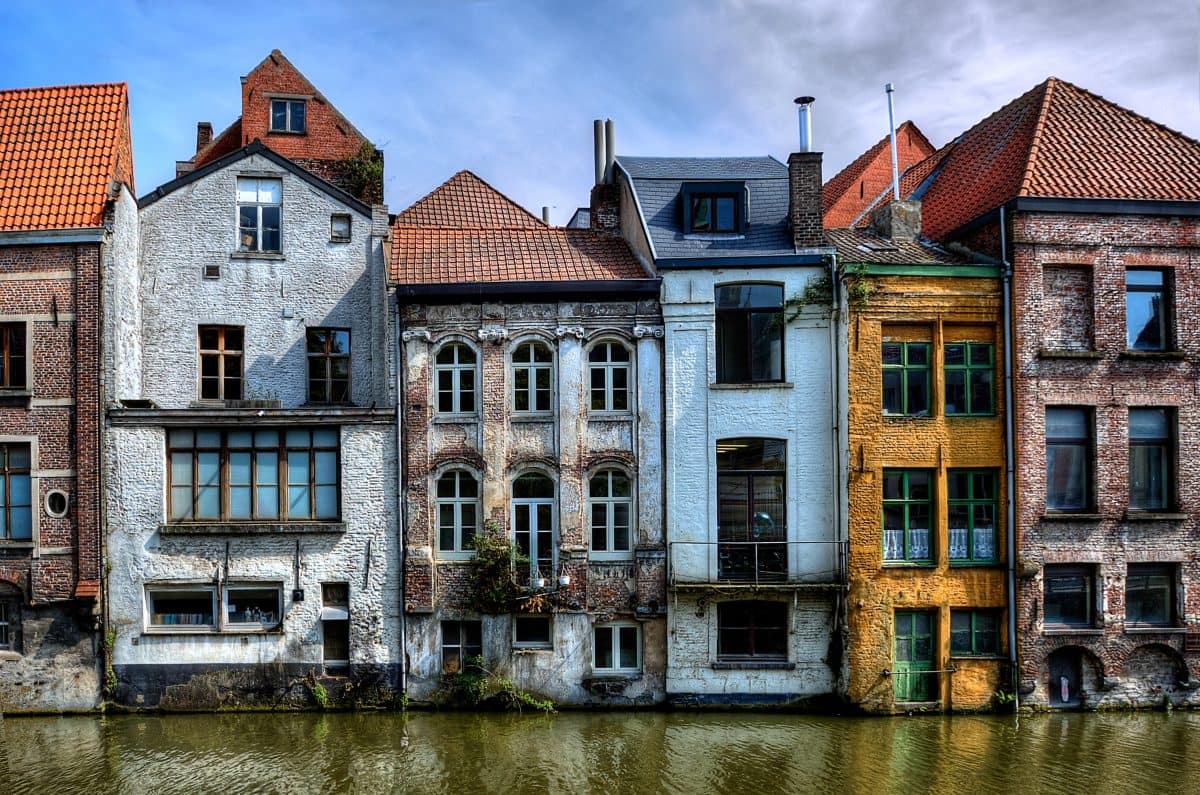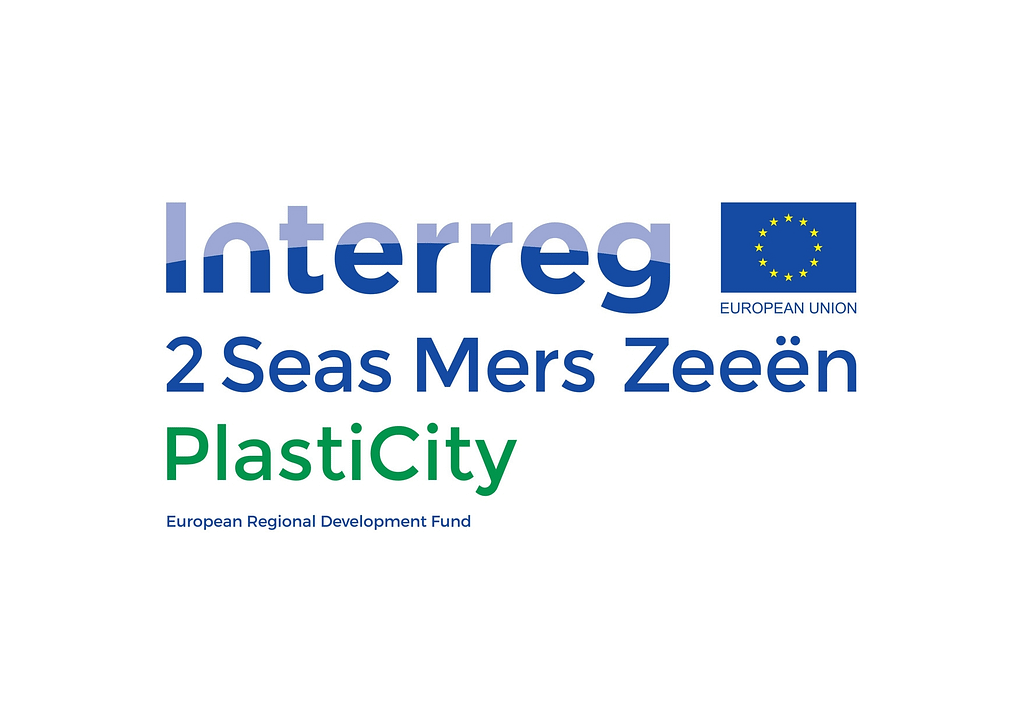PlastiCity: Replicable models to increase plastic recycling
Developing replicable urban solutions to find economic opportunity in 'lost plastics'.
Backed by over €9.45 million in funding – including Europe Regional Development Fund support of over €5.5 million and €42 000 from the Province of Noord-Holland – Metabolic is working with partners to map waste flows and develop four new value chains and ‘PlastiCity hubs’, with the goal of increasing plastics recycling rates in selected urban environments from 20-30% to over 50%.
- Partners: Stad Gent, Universiteit Gent, University of Portsmouth, Southend on Sea Borough Council, Gemeente Den Haag, Van Werven België bvba, Team2, ARMINES, D.P.L. Group Plastic Recycling, GRCT, Theys Recyclage, WeLOOP
- Date: June 2019 – June 2022
The 2Seas region of Europe – covering coastal areas connected by the North Sea and the English Channel between France, the UK, Belgium (Flanders), and the Netherlands – generates some of the highest levels of plastic waste in the EU, yet plastic recycling rates are incredibly low (20-30%). Much of the plastic waste created by the region’s cities is of sufficient quality to be recycled. These so-called ‘lost plastics’ can play a prominent role in the circular economy, providing actors and stakeholders with an opportunity to benefit by stepping away from traditional plastic disposal methods. The economic possibilities are not fully understood, the collection logistics not fully developed, the sorting facilities not well equipped, and stakeholders not fully engaged. These barriers must be overcome if the 2S region is to play a key role in delivering the EU strategy for plastics in the circular economy.
Four cities in the 2Seas region serve as case studies: Ghent in Belgium, The Hague in the Netherlands, Southend-on-Sea in the UK, and Douai in France. The cities will develop four new value chains with business cases, design four new products, and make initial investments. A mobile recycling facility the size of two shipping containers will be deployed between the cities to separate, process, and test plastics. The project envisages a network of PlastiCity hubs featuring local partners and physical infrastructure, supported by a digital environment/Urban Platform.
The project team will establish PlastiCity hubs in the 2Seas region. These hubs will be underpinned by a methodology that yields tailored solutions for logistics, optimize plastic collection and reprocessing, and deliver a replicable model to create capacity for plastics in the circular economy through urban platforms (with digital data management) and new business models.




Director of Sustainable Cities & Regions
ANY QUESTIONS?
For more information about this project, please get in touch.
“The PlastiCity project provides a unique opportunity to increase the recycling rates in urban environments as it encompasses all the steps to make this system circular: from identifying the different material flows, to the logistics and sorting process, recycling and identification of new business models.”
Jorrit Vervoordeldonk, Sustainability Consultant, Metabolic






